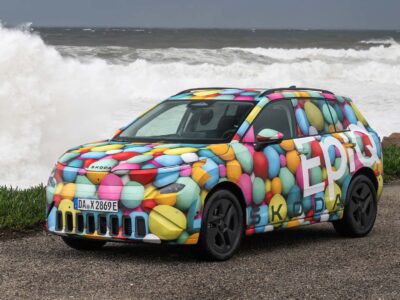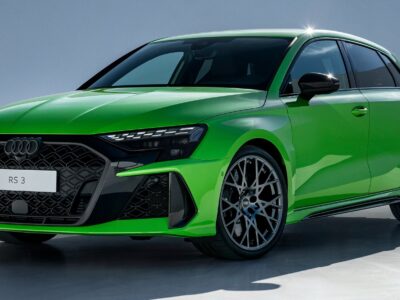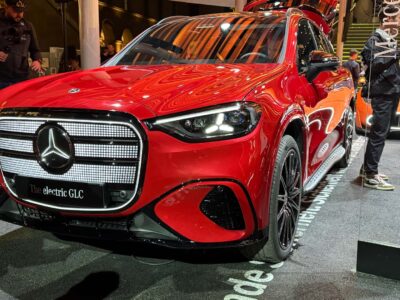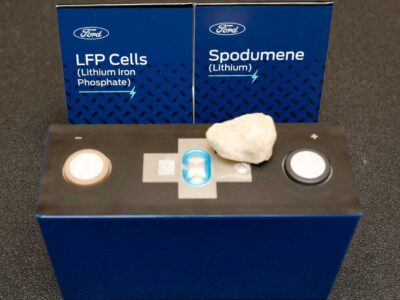
Hyundai Mobis, one of the world’s leading automotive suppliers, has opened the door to cars that can monitor vital signs: observing posture, heart rate, and even brain waves.
While the current applications are limited, systems like this are expected to play a significant role as vehicles become more capable of driving themselves, such as creating cars that know when to take over from the driver in case the human at the wheel becomes incapacitated.
This Smart Cabin Controller (SCC) system is touted as “something like an advanced brain that can analyze changing vital signs in real-time.”
The SCC uses a 3D camera to capture the occupants’ posture; an ECG sensor mounted on the steering wheel; an ear sensor to measure brain waves flowing around the ears; and an HVAC sensor to measure cabin temperature, humidity, and carbon dioxide levels.
A central controller records the various vital signs collected by these sensors in real-time.
For example, it instructs the car to recommend switching to autonomous driving mode if the ECG sensor detects high stress levels in the driver.
“It is expected that this technology will further evolve to be able to guide the vehicle to an emergency room in case of an emergency, such as a cardiac arrest,” added Hyundai Mobis.
More mundane applications of the SCC include instructing the car to open windows or switch to external circulation air conditioning mode if indoor CO2 levels are too high.
“With this new controller, the company is now well on its way to realizing safety technology that focuses on occupants rather than vehicle performance,” the company added.
The company plans to tap into a nascent market by combining healthcare technology with mobility. It claims that automotive suppliers are “unprecedentedly moving to secure experts in biotechnology or robotics” for this purpose alone.
“Based on the unique database of vital signs we have created, we will further update this technology to provide more functions, including preventing motion sickness, managing stress, and blocking drunk driving,” said R&D chief Cheon Jae-seung.
Last year, Hyundai Mobis also became the world’s first automotive supplier with a brainwave-based driver monitoring system.







